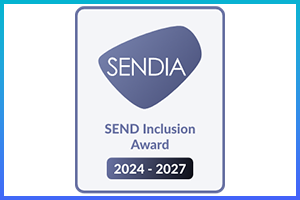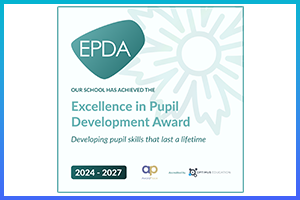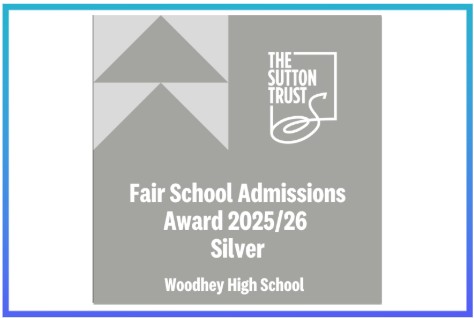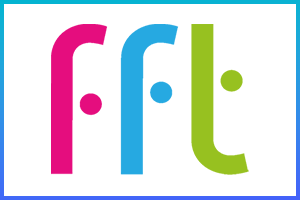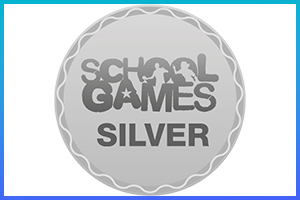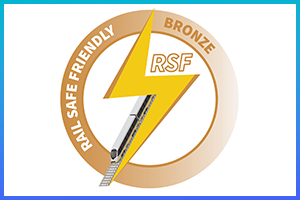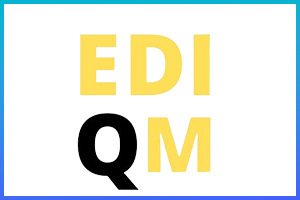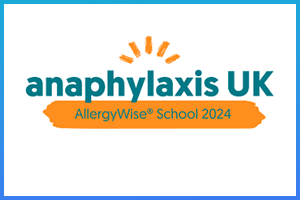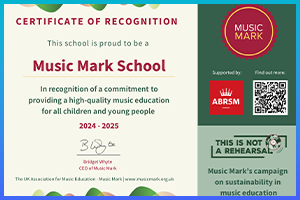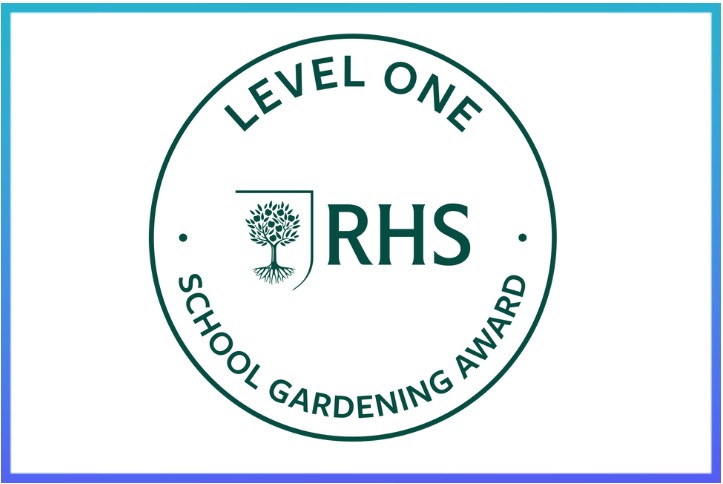Form Time Programme
We have developed the curriculum in consultation with parents, carers, students and staff, considering the age, needs and feelings of students. PHSE / RSE is taught within the Form Time Programme . This is facilitated through two 30-minute lessons per week in form times. Information is then consolidated through drop down days (e.g., Year 8 Be Safe Day), which may take place termly and utilise external services to provide contextual learning. Biological aspects of RSE are taught within the Science curriculum, and other aspects are included in Religious Education.
RSE focuses on giving young people the information they need to help them develop healthy, nurturing relationships of all kinds, including families, respectful relationships, including friendships, online and media, being safe and intimate and sexual relationships, including sexual health.
PHSE/RSE Curriculum

Our KS3 Curriculum can be seen in further detail below.

Our KS4 Curriculum follows the 'Journey of Life'. This can be seen in further detail below:
Click here for PDF: Journey of Life
Sparx Reader
Sparx Reader is a reading, comprehension and vocabulary programme that aims to encourage our students to read regularly and improve their literacy. Sparx Reader works by giving our students access to a wide range of eBooks from a variety of genres and provides checks through comprehension questions, that they are reading carefully. Studies from the Education Endowment Foundation (EEF) have shown that this can provide an additional six months’ progress over the course of a year. In the first instance, we ask our students to read for at least 45 minutes a week, of which a good amount of that is expected to be done in form time.
Votes For Schools
Click here for PDF: Votes For Schools Key Themes
Votes For Schools is a learning programme that meets statutory requirements for SMSC, British Values and RSE. Each week, students are taught lessons based on current affairs, on the diverse society in which we live or on events linked to Awareness Days (e.g., Anti-Bullying Week) that celebrate different communities. Within lessons, students are given the opportunity to explore any 'fake news' surrounding the topic, and all of the lessons encourage critical thinking and seek to improve digital literacy.

